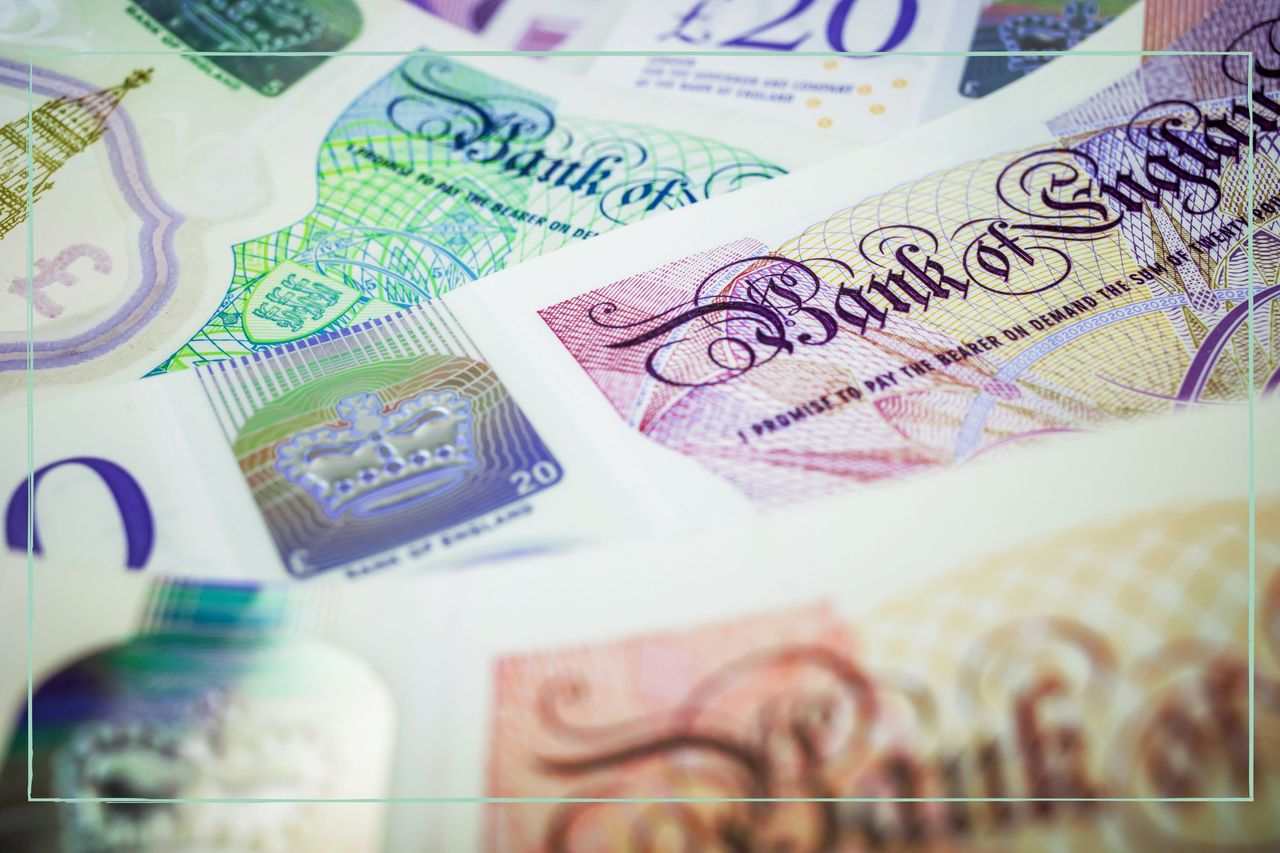Where does the Government borrow money from?
The Government is expected to borrow billions of pound to pay for new tax cuts


As borrowing is predicted to increase, the questions on many people's minds are where does the Government borrow money from and what will happen when borrowing goes up?
On Friday 23 September, new Chancellor Kwasi Kwarteng announced the Government's mini budget. His speech revealed a plan of sweeping tax cuts in an attempt to boost the economy and help with the cost of living crisis, which includes a reversal on the National Insurance increase.
The decision has been heavily criticised, with the Institute for Fiscal Studies (IFS) calling it "unsustainable" and the Bank of England launching an emergency intervention. The proposed tax cuts will see Government borrowing go up by billions, leaving many wondering where does the Government borrow money from?
Where does the Government borrow money from?
The Government borrows money by selling bonds - also known as gilts - which are promises to pay the lender the money back over a certain period. These bonds are primarily bought by pension funds and insurance companies.
When the Government borrows money it adds to the national debt, which is the total amount of money that the government owes. According to BBC News, the latest figures show the national debt to be £2.4tn - nearly as much as the value of all the goods and services produced in the UK in a year.
Even once the substantial Energy Price Guarantee has expired in 2024, borrowing could still run at more than 3% of GDP in the mid-2020s.In 2026-27, this is more than £80 billion a year higher than forecast by @OBR_uk in March.#miniBudget pic.twitter.com/89lZsLvj3lSeptember 23, 2022
There are differing argument around Government borrowing, with some fearing that it is too great and will prove costly in the long term, while others say it will help the economy grow faster and generate more tax revenue in the future.
The recently announced mini budget will see an increase in borrowing, because of the sweeping tax cuts that have seen changes in income tax and stamp duty. Overall, the planned tax cut is £45 billion, and the IFS expects government borrowing to rise to £190 billion this year.
GoodtoKnow Newsletter
Parenting advice, hot topics, best buys and family finance tips delivered straight to your inbox.
The scale of tax cuts in the mini budget had investors worried about how much UK Government would need to do borrow, which caused the value of the pound to reach a record low.
Who is Government debt owed to?
When the government borrows money, it owes that money back to the institutions that bought the bonds. These are usually pension funds, investment funds, banks, insurance companies and private savers from the UK and abroad.
These institutions buy the bonds because UK Government bonds are seen as very safe, with little risk that the money won't be paid back - which makes them appealing.
With that being said, it's unlikely that the national debt will ever be paid off, because any spare money is more likely to be used to either cut taxes or invest in public services.
Our Growth Plan today puts more money back into the pockets of businesses and families.Income Tax CUTStamp Duty CUTNational Insurance CUTBusiness Taxes CUTAdditional Rate ABOLISHEDAlcohol Duty FROZEN👉🏾 https://t.co/2F9VgzXW7j pic.twitter.com/PgRKbA5JTtSeptember 23, 2022
Why does the Government borrow?
The Government borrows money so that it can enable higher spending without having to increase taxes. When taxes are cut, the Government receives less money and therefore needs to borrow money to make up the difference.
However, money borrowed by the Government has to be paid back - with interest - which means that it is taxpayers who ultimately pay for it.
According to the IFS, the Government is expected to spend over £100 billion this year and next on debt interest payments.
What is the effect of Government borrowing?
While borrowing enables the Government to cut taxes in the hope that it will increase spending, it can lead to higher interest rates and 'crowding out'.
If interest rates are pushed up by borrowing, this is because markets are nervous about the Government's ability to repay, and therefore demand more yield on the bond they've purchased. This then tends to push up other interest rates in the economy, therefore reducing spending and investment.
This can in turn result in 'crowding out', which is a term used to describe how government borrowing diverts money away from private sector investments, because Government bonds compete with private sector investments for funds.
High rates of borrowing can also increase taxes in the future, as the Government tries to reduce debt levels.
Video of the Week

Ellie is GoodtoKnow’s Family News Editor and covers all the latest trends in the parenting world - from relationship advice and baby names to wellbeing and self-care ideas for busy mums. Ellie is also an NCTJ-qualified journalist and has a distinction in MA Magazine Journalism from Nottingham Trent University and a first-class degree in Journalism from Cardiff University. Previously, Ellie has worked with BBC Good Food, The Big Issue, and the Nottingham Post, as well as freelancing as an arts and entertainment writer alongside her studies. When she’s not got her nose in a book, you’ll probably find Ellie jogging around her local park, indulging in an insta-worthy restaurant, or watching Netflix’s newest true crime documentary.